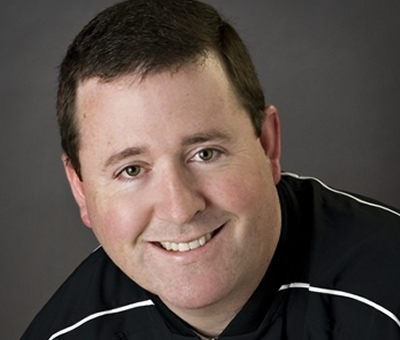
One of the most enjoyable parts of my work is appearing at elevator pitch competitions, where hopeful entrepreneurs extol the virtues of their business ideas.
These events are both joyous and frustrating at the same time; there is nothing more joyous than listening to entrepreneurs explaining how they are going to change the world. What is frustrating is that few people have worked out how to pitch their ideas in a simple form.
Yet there is plenty of material around about how to do this. My own book The Beermat Entrepreneur, for example, or a book by Chris O’Leary, called Elevator Pitch Essentials.
The first thing to note about elevator pitches is that that your elevator should not get stuck for several hours; keep your pitch short and simple. The worst culprits here are inventors, engineers and technologists who feel that they have to cram as many features as possible into their pitch.
In sales, there is the well-known concept of ‘golden nuggets’, the amazing features of your product that have been lovingly crafted into product literature by your marketing team. The problem is that most customers have very short attention spans and can only remember three things about your product.
As soon as you mention the fourth ‘golden nugget’ the first and probably most important one drops out of their active memory. By the time you get to nugget number 50 all the most compelling ones have long since gone. The prospective customer has also lost the will to live.
The objective in delivering an elevator pitch is not to secure an order there and then; the best you can hope for is to stimulate enough interest for them to give you another 15 minutes and to hand over their business card. The methodology for a good elevator pitch is very simple, and centres around five Ps: pain, premise, people, proof and purpose.
The most important question for any would-be entrepreneur is “where’s the pain?” The larger the pain, the more likely people are to give you money to take it away. Pain can come in many forms, but if your product or service saves time and money that is a very good start.
Next you have to explain in simple terms the premise of your business, exactly what you do. For this, you need to be precise and not descend into sloganeering. “We transform people’s lives” is laudable but impossibly vague. “We are a bespoke training company, specialising in communication skills” is much more to the point.
You think this is obvious? Visit a trade show and try and work out what each company does, just from the text on their display stands. Half the time, you won’t be able to. Some are being deliberately unclear in the hope your curiosity will be aroused; others just don’t realize they are being obscure.
You need to talk about your people, as entrepreneurship is a team game. Investors say they look for a credible team rather than a good idea, and customers say they buy from people not companies.
Proof is the hardest to provide: why anyone should buy from you and not your competitors. Even if you have the best team and products in the world, people can still be sceptical. The best proof is examples of your happy customers, in the form of case studies.
The final P is purpose. Of course, the most important purpose of any business is to make money. Potential investors will be looking for a return on their investment, and prospective customers will want to know that you run a sensible and profitable business, so they can be sure of reliable and consistent delivery of your products and services. But more and more I am finding that entrepreneurs want some social purpose to their business too.
Take time over your pitch. Don’t be afraid to amend it as circumstances change. And I look forward to hearing it next time I’m at one of those competitions.
Chris O’Leary is a writer, speaker, consultant and general expert in the fields of innovation, entrepreneurship, new product development, sales and marketing. Chris has contributed to the success of a number of successful start-up companies including SalesLogix, who are makers of the leading middle-market Customer Relationship Management (CRM) application. www.elevatorpitchessentials.com
This article is a chapter from ‘This Is How Yoodoo It’ – a collection of Financial Times columns written by Mike Southon. You can buy this book in hard copy and in Kindle version here: http://tinyurl.com/YoodooBook




